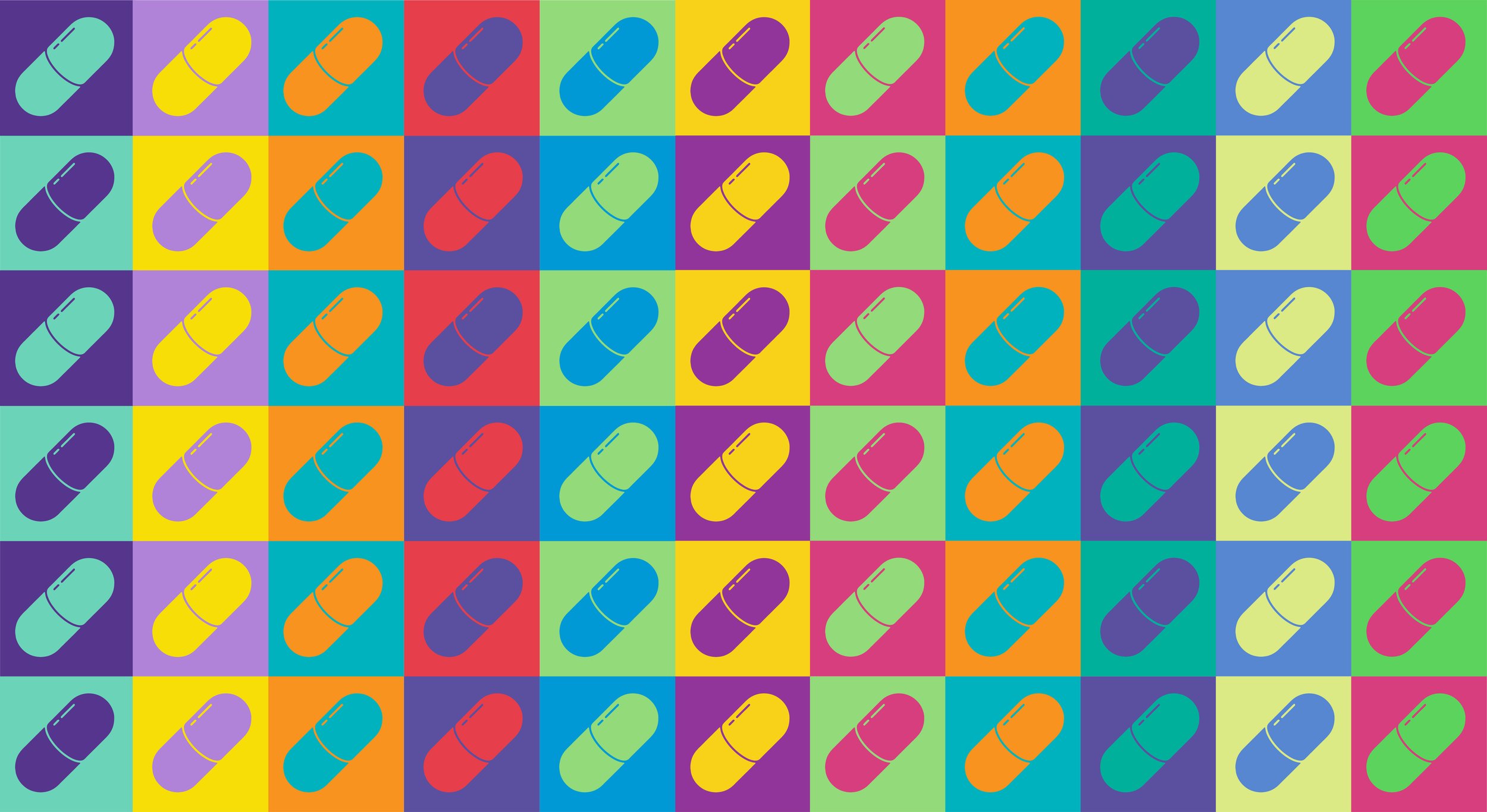What is compounding?
Millions of Americans have unique health care needs that off-the-shelf prescription medications cannot meet. For them, personalized medication solutions—mixed safely by trained, licensed pharmacists—are the only option to achieve the desired health care outcome. These pharmacists work with physicians, nurse practitioners and veterinarians to create customized medication solutions for patients and animals whose health care needs are not met by manufactured medications.
The Food and Drug Administration, the U.S. Supreme Court, Congress and virtually every major association of health care professionals and patient advocates recognize the value of compounding as an integral component of contemporary pharmacy practice. The International Academy of Compounding Pharmacists (IACP) represents more than 2,000 pharmacists and the tens of thousands of patients they serve who are dependent upon these personalized medication solutions.
Who needs personalized medications?
There are many patients who need personalized medications for a wide range of reasons, including but not limited to those who have:
Multiple health care issues that impact a drug’s absorption or elimination
Allergies to inactive ingredients such as binders or dyes in commercially available products
Difficulty absorbing the medication via the traditional delivery process of a commercially available product ( i.e. can’t swallow pills or are sensitive to topically applied products)
Specialized dosing requirements due to age-related issues (pediatric or geriatric)

FAQs
-
Yes, compounded medications still require a prescription from your doctor.
-
Regular pharmacies dispense commercially available medications (i.e., medications made by drug manufacturers), whereas compounding pharmacies make medications based on a patient’s specific needs.
-
We cannot duplicate products that are already on the market unless there’s a specific need such as allergies to inactive ingredients or drug shortages. We can, however, compound medications in different strengths and dosage forms than what is commercially available.
-
It depends. We cannot bill insurance electronically so patients pay the full cost up front. However, the full cost of compounds is generally significantly cheaper than commercially available medications (without insurance.)
-
We cannot bill insurance electronically so you pay the full cost up front, but we can submit a paper claim form to your insurance provider and they will reimburse you directly depending on what your plan allows.



